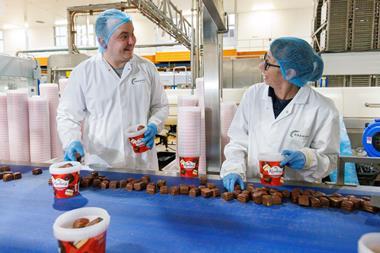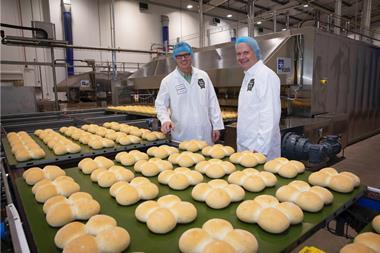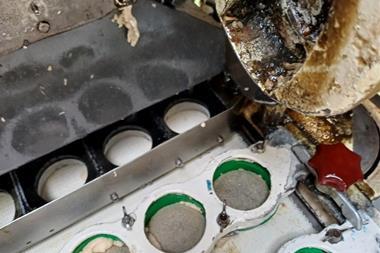Premier Foods has promised to ‘simplify’ its controversial investment programme, after it hit the headlines last week.
The Mr Kipling brand owner initially defended the scheme, but has since released a statement claiming that the programme had been “widely misunderstood and misinterpreted”.
The scheme, labelled ‘Investment for Growth’ was set up last July, and meant the company would ask for an ‘investment payment’ from suppliers, but those who failed to pay ran the risk of being dropped by the food giant.
In the company’s most recent statement, Gavin Darby, chief executive, said: “Most companies look for value from their suppliers and will commonly negotiate discounts or lump sums wherever they can, which will be offered and accepted by suppliers if they believe their business will benefit. This is standard business practice. The investment payments we have requested from our suppliers are effectively just one form of discount - of which there are many different types.
“Over the last few days it has become apparent that this mechanism has been widely misunderstood and misinterpreted. In this situation, we are fully prepared to simplify the details of our future programme to a more conventional type of discount negotiation, potentially based on price, value or volume-based rebates, or lump sums. The most important aspect for us is that we continue to develop strategic supplier partnerships that are focused on delivering mutual growth.”
’Questionable business ethics’
The ‘Invest for Growth’ initiative came into the spotlight last week after a letter to suppliers from Darby was featured on BBC’s Newsnight, asking suppliers to hand over money.
It was referred to as ‘blackmail’ by some suppliers, while other questioned the ‘business ethics’ behind the scheme.
The food giant claimed that the programme was designed to support “strategic partnerships” with a smaller group of suppliers that that would “help deliver growth for both Premier Foods and its suppliers over the medium term”.
In an interim management statement in September, the company, which also makes Sharwood cooking sauces, said its sales were down by around 4% and that profits in the year ahead would be lower than anticipated.
































No comments yet